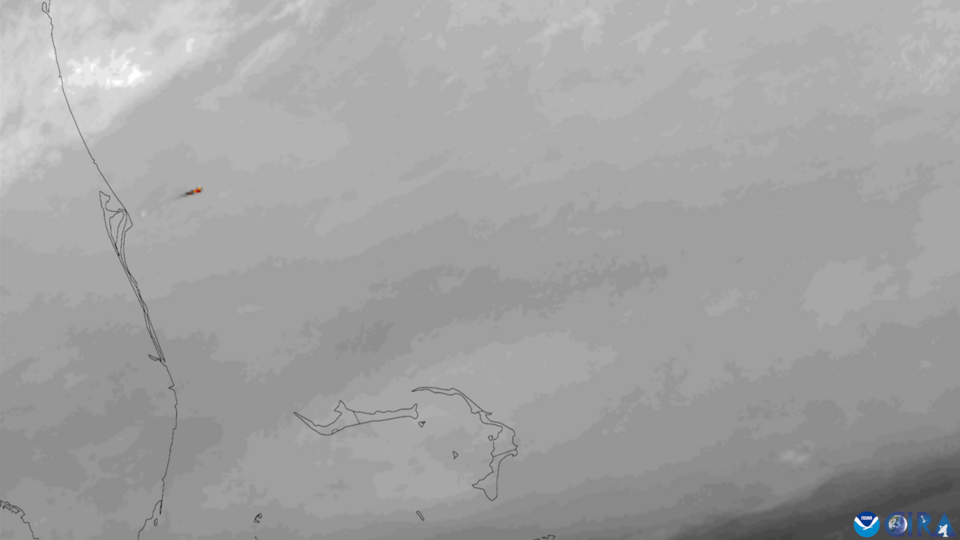The Spinning Universe: New Insights on Dark Energy and Multiverse Theory

Recent research by Polish theoretical physicist Nikodem Poplawski from the University of New Haven proposes a groundbreaking hypothesis that the universe is in a state of rotation. Poplawski's theory emerges from compelling observations made by the James Webb Space Telescope (JWST), which indicate that approximately two-thirds of galaxies exhibit a consistent rotational direction, suggesting a preferred orientation that challenges existing models of cosmic evolution.
According to Poplawski, the implications of a rotating universe extend significantly into the realm of dark energy, a phenomenon that remains one of the greatest enigmas in modern astrophysics. In his 2023 paper published in the Journal of Cosmology, Poplawski posits that if the universe's rotation is indeed a factor influencing dark energy, it could elucidate why this force appears to be diminishing over time. "Dark energy is one of the most intriguing mysteries of the universe. Many researchers have attempted to explain it by modifying the equations of general relativity or proposing new fields that could accelerate the universe's expansion," stated Poplawski during an interview with the Associated Press on June 15, 2023.
The concept of a spinning universe also intersects with theories surrounding the multiverse. As Poplawski elaborates, if our universe rotates, it must do so relative to a larger frame of reference, implying that it is part of a more extensive multiverse. This perspective aligns with current theories in cosmology that suggest all black holes originate from rotating celestial bodies, further supporting the notion that our universe's rotational characteristics may have been inherited from a parent black hole.
In an interview with Dr. Emily Carter, an astrophysicist at the California Institute of Technology, she expressed that the idea of a rotating universe might not only provide a deeper understanding of dark energy but could also revolutionize our grasp of cosmological structures. "If this theory holds, we may need to reconsider our entire understanding of the universe's formation and expansion," Dr. Carter noted.
The implications of these findings are profound. Should Poplawski's hypothesis gain traction within the scientific community, it may lead to a paradigm shift in cosmology, reshaping our understanding of gravitational forces and the nature of space-time itself. The research community eagerly anticipates further studies that could either validate or challenge this theory, as it stands at the intersection of theoretical physics and observational astronomy.
In conclusion, the prospect of a spinning universe not only provides a potential explanation for dark energy but also invites a reevaluation of our position within a possibly infinite multiverse. As scientists continue to explore these concepts, the journey toward understanding our cosmic reality becomes ever more intriguing.
Advertisement
Tags
Advertisement





